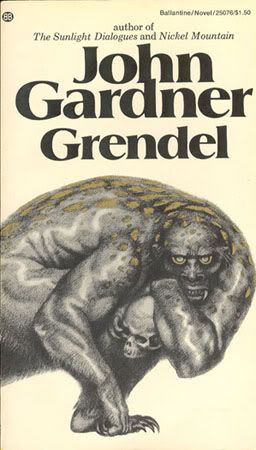So it turns out that Jeff Weise, the Minnesota school shooter, was in fact
on Prozac (hat tip:
Drudge Report). I thought this would turn out to be the case when I first heard of the school shooting. I've read that many young school shooters were on
anti-depressent medication in including Eric Harris of Columbine infamy. This is not surprising. Kevin, at
Smallest Minority, notes that
school shootings are a relatively new phenomenon. Well, Prozac and similar anti-depresents are also a relatively (on the same timescale no less) new phenomenon. Of course, this in itself does not prove a causal relationship. However, I am convinced that a causal relationship does exist.
To start, let's look at what's different -- and what's the same -- about today compared to days-gone-by (call it BPZ and APZ for Before Prozac and Anno Prozac). BPZ, kids certainly suffered from depression, anxiety, and all sorts of other bad feelings brought on by various things. APZ, none of that has changed. But, BPZ, they didn't go on shooting rampages.
What do Prozac and the other SRIs (seratonin reuptake inhibitors) do? Do they treat the cause of the depression or other bad feelings, or do they simply treat the symptoms? Let's suppose they simply suppress the symptoms. Given that mental health practitioners don't really know the cause of depression -- making it impossible for them to treat the cause -- is it good or bad to simply treat the symptoms?
I submit that it is not only bad, but a complete and total (redundancy alert) disaster, for one very simple reason. The normally functioning human organism, like any other organism, is a system in a state of remarkably stable equilibrium. In order to stay in this equilibrium, any input to the system that disturbs the equilibrium state must necessarily be counteracted by the organism to restore normalcy (where normalcy = equilibrium). That's what stable equilibrium is.
The point, one that very serious and missed by the mental health experts, is that bad feelings, depression, anxiety, and so on, are caused by the organism counteracting disturbance from equilibrium
in an effort to return to normalcy.
It is a colossal mistake to remove these bad feelings with drugs, because it interferes with a natural process and does nothing to return the organism to equilibrium.Generally, any disturbance from normalcy resulting in bad feelings is itself caused by some behavior that resulted in immediate feelings of pleasure. In other words, pleasant feelings were the initial disturbance from equilibrium. The bad feelings are the reaction that motivates the organism to change its behavior and remove the cause of the disturbance. Don't get me wrong, this is not to say that pleasant feelings are themselves bad, but healthy pleasant feelings have to be earned, ususally through hard work. Pleasant feelings achieved "for free" inevitably result in depression. For example, I remember reading about a mental health expert who coined the term
afluenza to refer to the phenomenon that is unusually common and predictable amongst lottery winners. The initial unearned pleasant euphoric state is inevitably replaced by depression. It's textbook.
So here is the key point. If the bad feelings are removed directly and artificially by drugs, the behavior that caused the bad feelings, because it is initially pleasant, can, and will be, continued. Obviously, this leads to a deepening of organic condition, that is, an increase in the disturbance from normalcy. Inevitably, the treatment is always more drugs. (The philosophy can't be wrong, so do it more, only harder!).
And so we have the VICIOUS CYCLE WORSENING that results in the psychotic state required for these kids to go on shooting sprees.This is a crude explanation of a profound and fundamental truth of human behavior. If you would like to start from the beginning you must read
The Key to the Sciences of Man by D.G. Garan. The book is out of print, but most university libraries will have it, and you can get it used for cheap
online.










